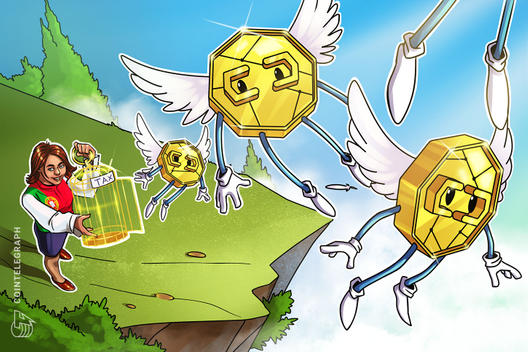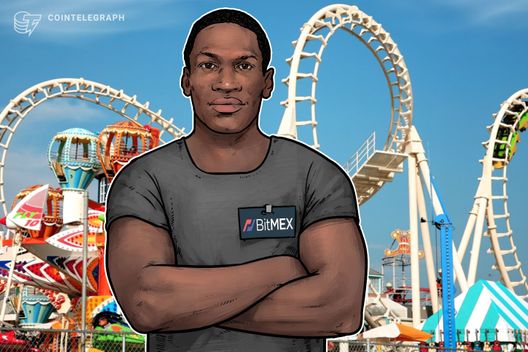Line messenger’s NFT arm raises $140M for Web3 services
Line Next will use a part of the $140 million fund to introduce new Web3-focused services, which include a social app that uses AI-generated characters and Web3 games.

Line Next, a venture dedicated to the growth of the nonfungible token (NFT) ecosystem, has raised $140 million as it prepares to launch a global NFT marketplace in January 2024.
The Line Next venture branched out of the popular WhatsApp-like messaging app from South Korea, Line, which is dedicated to exploring Web3 initiatives. Peter Thiel-backed private equity firm Crescendo Equity Partners led the $140 million funding round.
According to the announcement, Line Next’s global NFT marketplace, DOSI, is scheduled to launch in early 2024 after integrating with Line’s existing Japan-based NFT marketplace, known as Line NFT. The new NFT marketplace will launch as a mobile app and be available globally.
The company will also use part of the $140 million fund to introduce new Web3-focused services, which include a social app that allows users to deploy artificial intelligence (AI)-generated characters and Web3 games.
Finschia public blockchain will be used by Line’s NFT marketplace, while Line Next and Crescendo will become governance members of the Finschia Foundation. Line Next currently caters to 5.5 million users worldwide.
Related: TON blockchain launches on-chain encrypted messaging feature
In a recent Cointelegraph podcast, Shane Mac, co-founder of XMTP — an open protocol and network for secure Web3 messaging — revealed a “huge opportunity” in rebuilding Web2 messaging platforms for Web3.
Mac explained how Web3 offers a new form of identity where people have wealth and personality tied to wallet addresses but cannot communicate with each other, adding:
“To verify a message with the wallet signature that is the same wallet signature that proves you own what you say you own felt like a huge innovation.”
While emphasizing Web3 messaging’s unique capabilities, Mac said that Web3 messaging is an important step in ensuring that users have full control over their information and how they interact on the internet.
Magazine: Lawmakers’ fear and doubt drives proposed crypto regulations in US









